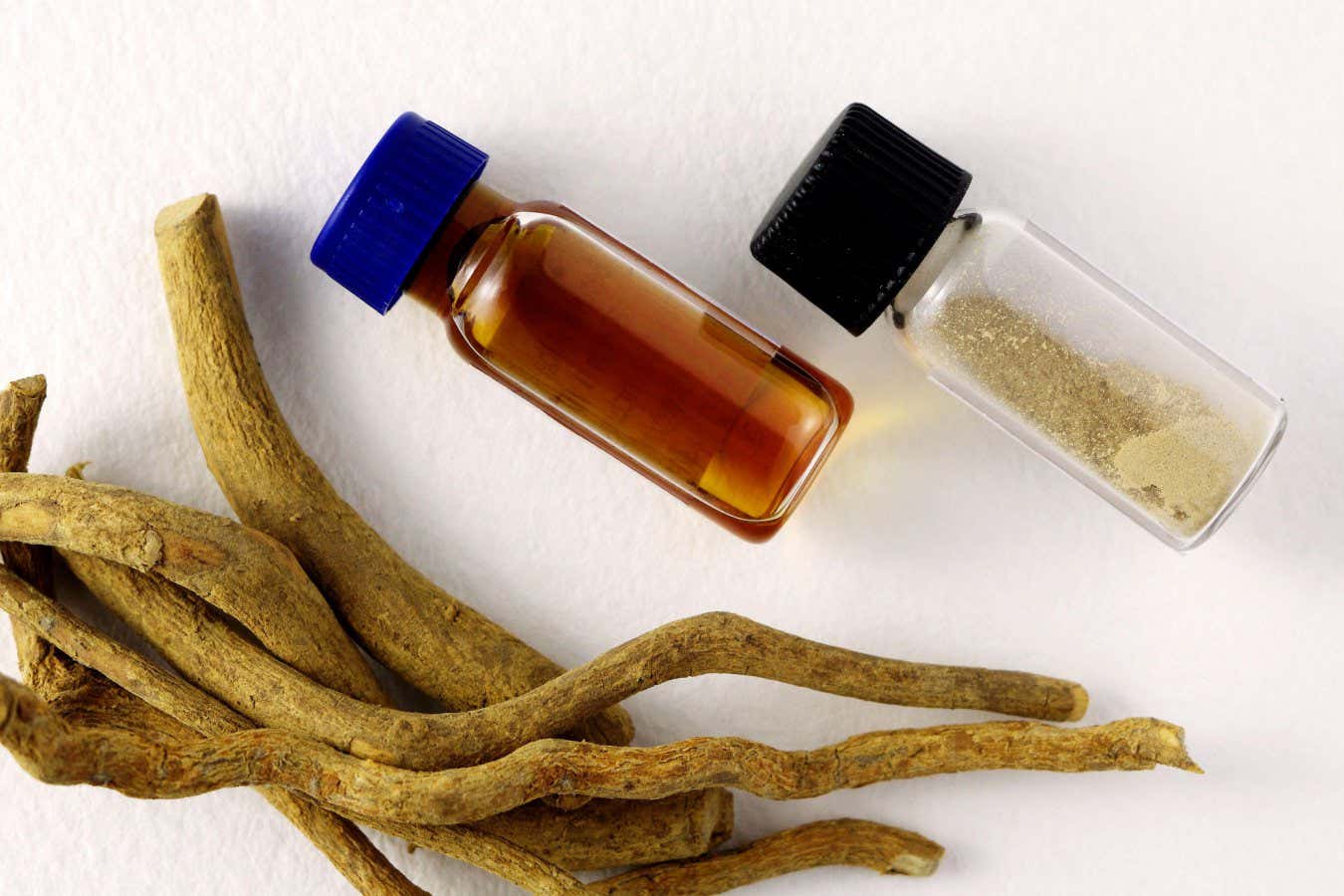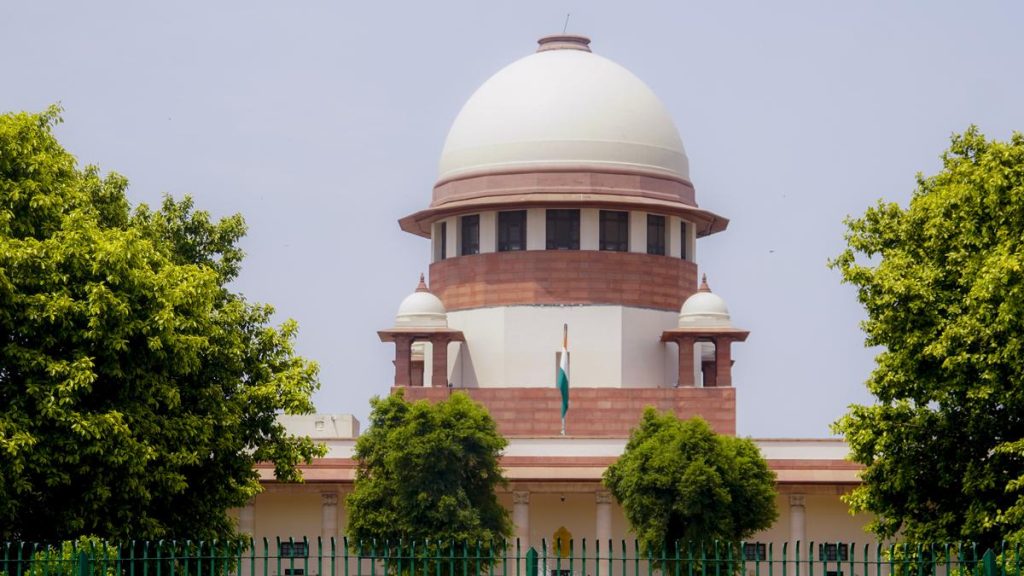Now Reading: Ibogaine Shows Promise in Treating PTSD by Slowing Brainwaves
-
01
Ibogaine Shows Promise in Treating PTSD by Slowing Brainwaves
Ibogaine Shows Promise in Treating PTSD by Slowing Brainwaves

Quick Summary
- Research Focus: A study has explored how ibogaine, a psychedelic drug derived from the African iboga plant, may alleviate PTSD symptoms by impacting brainwave activity.
- Study Details:
– Participants: 30 male US military veterans with traumatic brain injury.
– Treatment: Ibogaine administered at a dose of 12 mg per kilogram of body weight over five days in Mexico, coupled with therapy sessions adn activities like yoga and meditation.
- Brainwave Observations:
– Faster gamma waves reduced by approximately 16% in intensity shortly after treatment but remained lower than pre-treatment levels even after one month.
– Slower theta waves increased considerably (up to roughly 17%) shortly after treatment but normalized within a month.
- Key Insights:
– Reduced hyperarousal and hypervigilance linked to PTSD were observed alongside slower brain activity changes.
– The temporary rise in theta waves suggests enhanced neuroplasticity, potentially aiding mental health enhancement and brain remodeling.
- Limitations:
– No control group included to isolate the effects of ibogaine from other elements like therapy or holistic care practices.
[Image]
Caption: The psychedelic drug ibogaine is extracted from iboga roots.
Credit: FARMER DODDS / Alamy
Indian Opinion Analysis
The findings highlight significant progress in understanding how innovative treatments like psychedelics might address complex conditions such as PTSD and traumatic brain injury. The potential for drugs like ibogaine to enhance neuroplasticity provides hope for mental health therapies that go beyond symptom management toward deeper healing processes.For India, where conventional medicine frequently enough intersects with modern biomedical advances, exploring substances derived from plants could resonate culturally while advancing psychiatric care science.
However, it’s essential to consider that no control group was used in this study-a critical limitation requiring further research before definitive conclusions can be drawn. While psychedelics remain legally restricted across much of India due to concerns about misuse, evidence-backed therapeutic uses could eventually spark discussions around revisiting regulations.
With PTSD becoming increasingly relevant worldwide-including military personnel returning home-it will be significant for policymakers globally-and potentially India-to observe these developments scientifically before reevaluating attitudes toward such treatments.
























